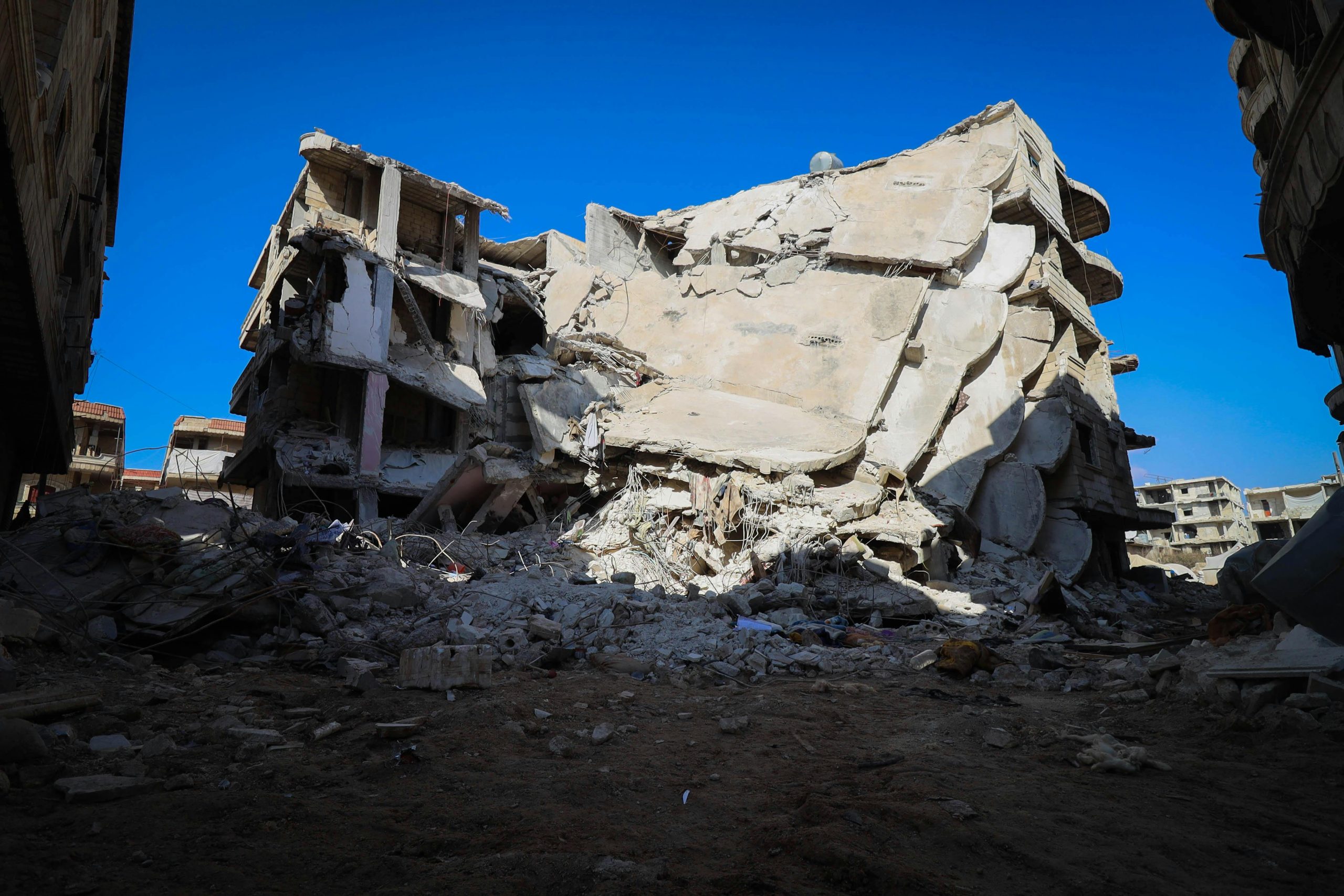Analyzing the Unfolding Tensions in Syria: Is Israel the Catalyst for Civil Strife?
In recent months, tensions in Syria have taken a complicated turn, raising concerns among observers about the motivations behind certain military actions. This analysis aims to explore the role that Israel plays in these developments, with a specific focus on its actions following the weakening of the Assad government.
Targeted Strikes and Military Demilitarization
Following the destabilization of Bashar al-Assad’s administration, Israel initiated a series of targeted airstrikes that systematically dismantled various military installations throughout Syria. These actions purportedly aimed to bolster security for Israeli citizens but effectively led to the demilitarization of a sovereign nation. Despite repeated calls from Syrian officials, such as Ahmad al-Sharaa, to halt these operations, Israel continued its aggressive stance, resulting in significant casualties, including the loss of civilian lives.
As the situation progressed without a strong Syrian response, Israeli forces expanded their presence in southern Syria, establishing what they termed a “buffer zone.” This strategic move was coupled with threats directed at the Syrian military, promising severe repercussions for any incursions.
The Search for a Scapegoat
After several months of ongoing military actions, Israel appeared to seek justification for its continued aggression. The focus shifted to the Druze population in Syria, a group that has historically resisted divisions imposed by Israeli interests. The narrative presented by Israel seemed to hinge on a perceived need to protect the Druze, although Egyptian and regional observers noted a lack of clarity regarding the specific threats they faced.
The situation escalated dramatically when a controversial voice recording surfaced on social media, reportedly featuring a Druze individual making incendiary remarks about the Prophet Muhammad. This incident ignited outrage, leading to the mobilization of armed extremist groups in Jermana, a city known for its diverse mix of communities. As security forces attempted to manage the unrest, chaos ensued, resulting in a prolonged but relatively contained conflict.
A Theory of Manipulation
Recent reports indicate that the situation in Jermana stabilized after negotiations among community leaders. However, several observers suspect that Israel may have played a role in the initial provocation. The lack of historical animosity between Druze and Muslims in Syria raises questions about the legitimacy of attributing such inflammatory comments to a member of the Druze community.
This theory suggests that Israel might have manipulated the situation to foster divisions within Syrian society, thereby creating a pretext for further military involvement



